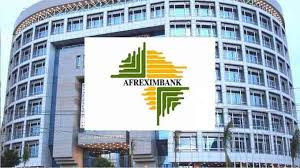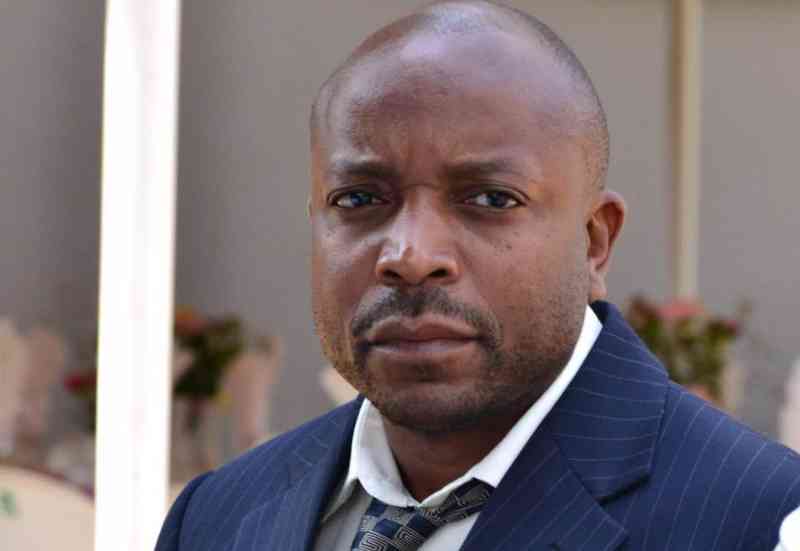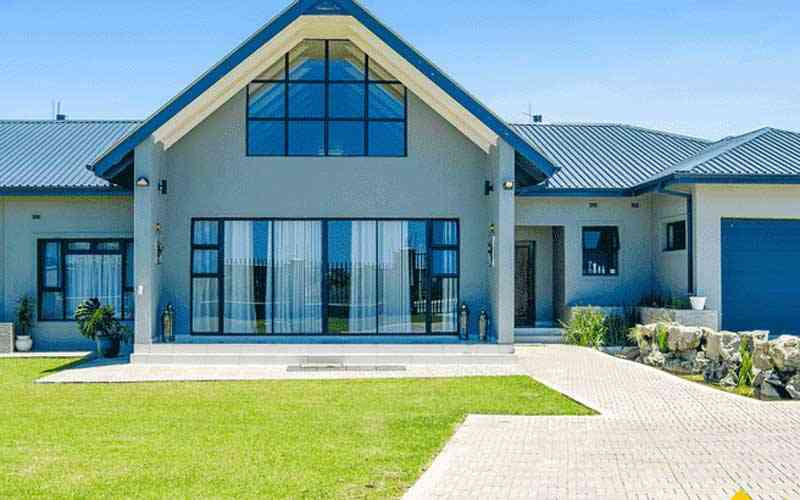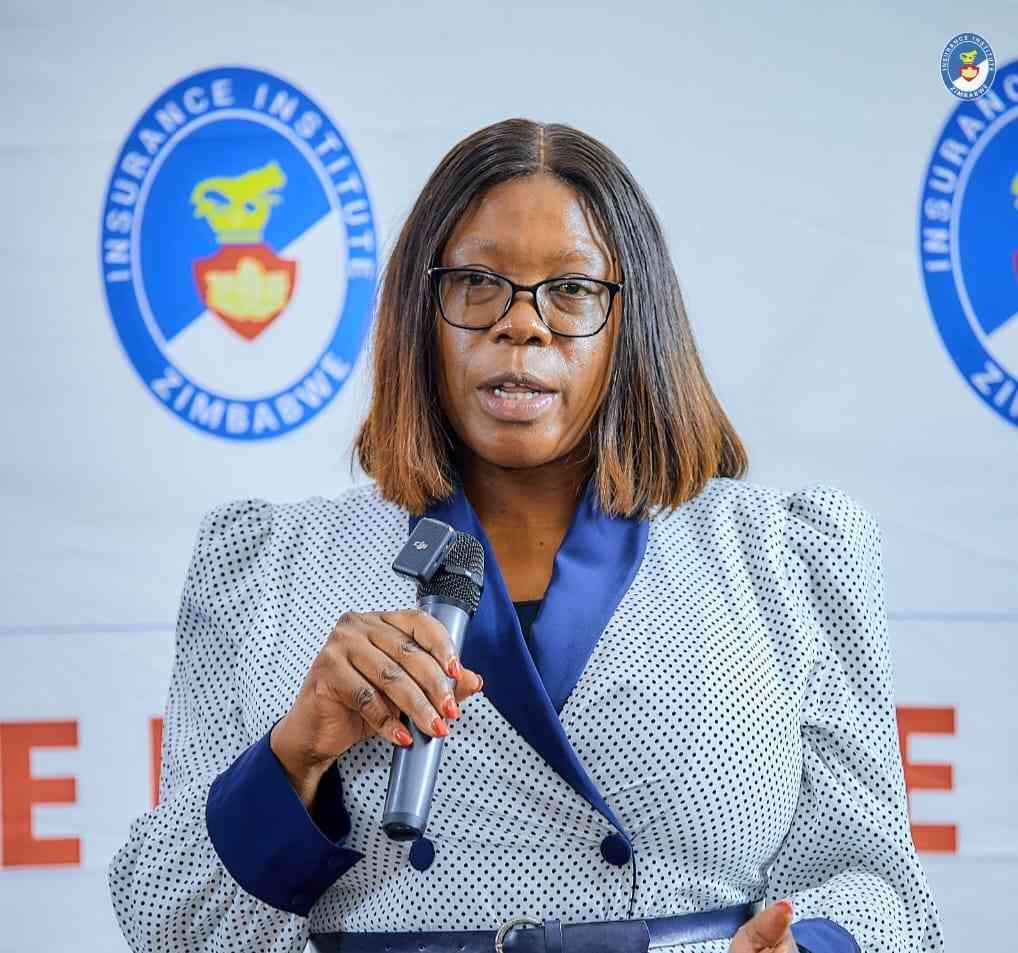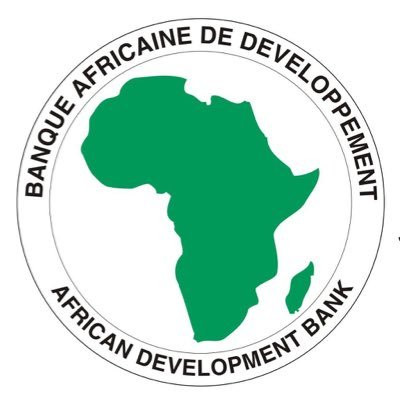
FAILURE by African businesses to prove both bankability and scalability of prospective renewable energy projects has made it hard for financiers to bankroll them, an official from the African Development Bank (AfDB) has said.
Between 2016 and 2022, the AfDB approved US$8.3 billion in energy commitments, with 87% directed towards renewable energy projects.
The bank, which spearheads initiatives aimed at advancing energy sector investments and enhancing climate resilience, is scaling up its support for Africa's just energy transition through various renewable energy projects.
However, speaking during a panel discussion at the inaugural Investment Forum for the Accelerated Partnership for Renewables in Africa (APRA), held in Nairobi, Kenya, last week, AfDB division manager for renewable energy Joao Cunha said a significant number of projects had failed the feasibility test, maximising capital risk.
“One of the fundamental challenges is lack of ready projects to invest…they have gaps in terms of technical feasibility especially when you are looking at more complex projects like hydropower or wind the resource assessment studies need to be very robust and that's not always the case especially when you have climate change,” said Cunha.
Of the reported US$570 billion in investments made towards renewable energy (RE) last year, the continent got less than 3% thus further dragging the continent’s plans to switch to clean energy sources.
“Development capital is very scarce because it is very risky (but) we are certainly providing more risk capital into the market,” said Cunha, adding that the complexity of clean power projects coupled with inconsistent regulatory frameworks has seen financiers incur additional costs before projects reach implementation stage.
“As infrastructure projects, the rules of engagement need to be crystal clear and the projects need to be able to sort of charge a cost reflective tariff and make a profit but you still see in some jurisdictions that it's not the case.”
- Renault hands Russian assets to Moscow
- New perspectives: Building capacity of agricultural players in Zim
- News in depth: Mnangagwa’s push for $12 billion mining industry imperils communities
- New perspectives: Building capacity of agricultural players in Zim
Keep Reading
According to IRENA research, 473 gigawatts (GW) of renewable energy capacity was added globally in 2023, with renewable energy accounting for 87% of newly installed capacity while only 13% came from fossil fuels and nuclear combined.
Investments in Sub-Saharan Africa were, however, 40 times less than the world average per capita, International Renewable Energy Agency (IRENA) director-general Francesco La Camera told attendees at the Investment Forum that attract government officials, businesspeople among other stakeholders.
“In IRENA's ETAF (Energy Transition Accelerator Financing) Platform, 55% of the projects received are from sub-Saharan Africa. However, most of the projects face challenges in business development stages, never reaching the stage when financiers can look at them," said La Camera.
"The most worrying aspect is how uneven the deployment of renewables remains. Asia, Europe and North America accounted for almost 85% of global installed capacity at the end of 2023. Africa has accounted for only 1.6% of the global share of installed renewable power capacity."
Meanwhile, the forum, founded at the African Climate Summit in September 2023 by Kenya, Ethiopia, Namibia, Rwanda, Sierra Leone and Zimbabwe under IRENA secretariat, came at a time when about 600 million people still lack access to electricity in Africa —home to 17% of the world’s population



